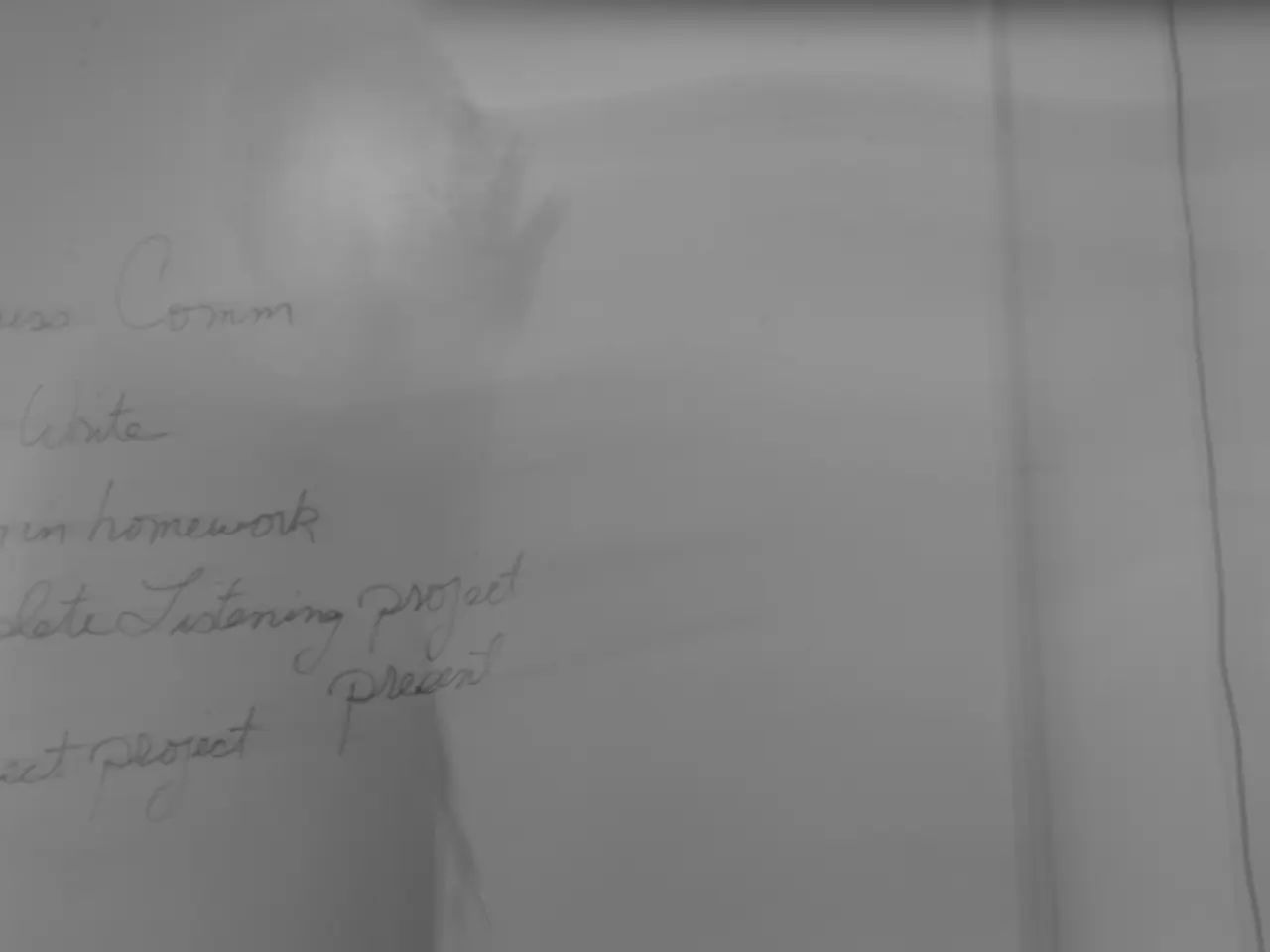TEN INDICATORS OF PERVASIVE NEGATIVITY IN YOUR LIFE: RECOGNIZING AND MANAGING THEM
In the world of business, accounting stands out as one of the most intricate and demanding disciplines. Often regarded as one of the toughest professional exams, the Certified Public Accountant (CPA) exam covers a vast array of complex accounting topics, demanding a deep understanding of the subject matter [1].
However, accounting is not just about crunching numbers. It's more about providing insight, communicating complex ideas simply, and helping businesses make informed decisions [2]. This field requires a wide skill set, including analysis, critical thinking, problem-solving, understanding laws, ethics, and business operations [3].
The complexity of tasks in accounting is a key factor contributing to its perceived difficulty. Accounting requires a strong understanding of financial principles and regulations, with advanced roles like technical accounting demanding in-depth knowledge of accounting standards and software, as well as the ability to advise on financial strategies and compliance [2].
Moreover, accounting students and professionals often face heavy workloads, particularly during peak periods like tax season or year-end audits. This can lead to long hours and tight deadlines, adding to the major’s challenges [3].
To succeed in accounting, continuous learning is essential. The field requires keeping up-to-date with constantly evolving regulations, standards, and technologies, which adds ongoing pressure and complexity [3].
Despite these challenges, accounting offers a well-paying and stable career path. It is often noted as one of the "easiest" in terms of career stability and earning potential, but not in terms of academic difficulty [4].
Preparing for accounting exams requires mastering concepts and applying them logically, with effective study techniques like understanding concepts, practicing problems, study groups, regular review, time management, and developing a routine [5].
The journey to become a CPA is no easy feat. It requires a minimum of a bachelor's degree in accounting or a related field, 150 semester hours of college coursework, passing the Uniform CPA Examination, meeting specific experience requirements, adhering to ethical standards, and continuing professional education to maintain licensure [6].
Despite the challenges, the rewards of a career in accounting are significant. Good accounting leads to strong management and helps businesses plan for growth and avoid potential pitfalls. Accountants are the silent heroes driving businesses forward by balancing the books and fueling innovation and expansion [7]. They are the backbone of any successful business, ensuring financial accuracy, compliance, decision-making, strategic planning, and a clear picture of financial health at all times [4].
In conclusion, accounting may be more difficult than many other business disciplines due to its technical demands, workload spikes, and the necessity for continuous updating of knowledge. However, it also offers good career stability and earning potential, which balances out those challenges [1][2][3][4]. So, if you're up for a challenge and interested in a rewarding career, accounting could be the right path for you.
[1] Accounting Today. (2021). The CPA exam: One of the toughest professional exams. Retrieved from https://www.accountingtoday.com/news/the-cpa-exam-one-of-the-toughest-professional-exams [2] AICPA. (2021). What is technical accounting? Retrieved from https://www.aicpa.org/content/dam/aicpa/career/accounting-careers/accounting-careers-resources/accounting-careers-toolkit/accounting-careers-toolkit-technical-accounting.pdf [3] NACE. (2021). The challenges of accounting. Retrieved from https://www.naceweb.org/career-development/articles/the-challenges-of-accounting [4] Forbes. (2020). The 10 easiest and hardest college majors to get a job with. Retrieved from https://www.forbes.com/sites/zackfriedman/2020/10/16/the-10-easiest-and-hardest-college-majors-to-get-a-job-with/?sh=62b6e8965666 [5] Kaplan. (2021). How to study for the CPA exam effectively. Retrieved from https://www.kaplan.com/test-prep/cpa/study-tips/how-to-study-for-the-cpa-exam-effectively.html [6] AICPA. (2021). Eligibility requirements. Retrieved from https://www.aicpa.org/becomeacpa/eligibility.html [7] CPA Canada. (2021). The role of the CPA. Retrieved from https://www.cpacanada.ca/en/become-a-cpa/why-become-a-cpa/the-role-of-the-cpa
- To excel in accounting, a combination of study techniques like concept mastery, problem solving, and time management is essential for success in the CPA exam.
- Pursuing a career in accounting offers a rewarding path, with a focus on education-and-self-development, such as online-learning platforms, to keep up with evolving financial regulations and technologies.
- In the realm of business careers, accounting stands out due to its demanding nature, including complex topics, advanced roles requiring budgeting and finance knowledge, and heavy workloads during peak periods.
- Management of time and resources is crucial for accounting students and professionals to navigate the vast array of accounting topics covered in the education coursework, which often includes a minimum of a bachelor's degree and 150 semester hours.
- A career in accounting can provide both financial stability and potential, but requires continuous learning, an understanding of study techniques, and the ability to apply concepts logically to make informed business decisions.








